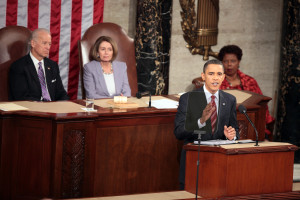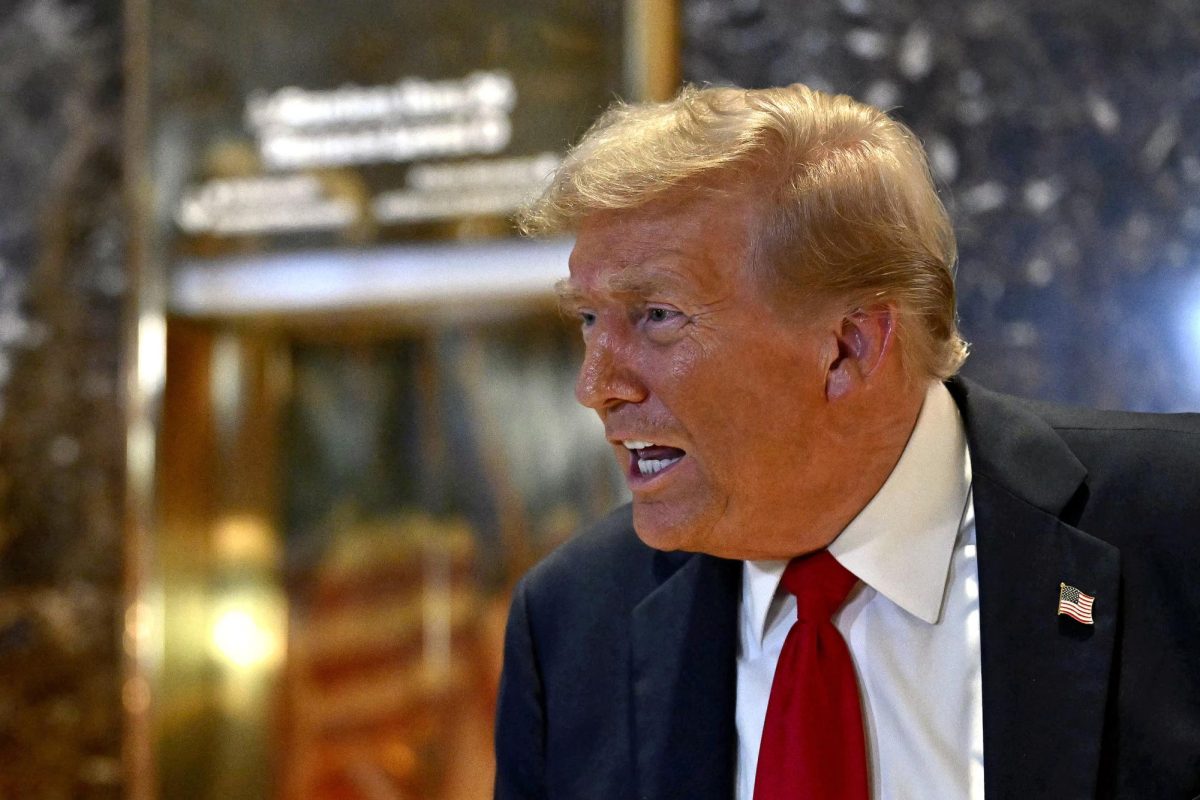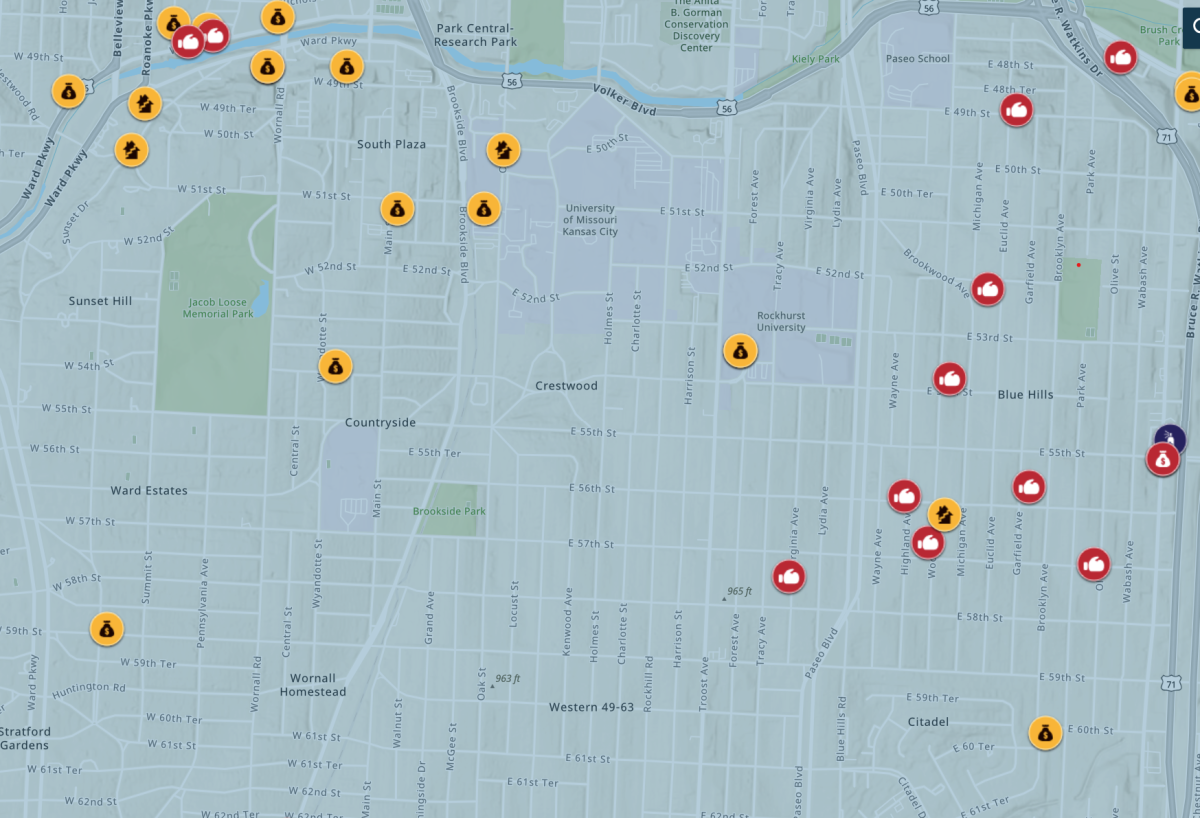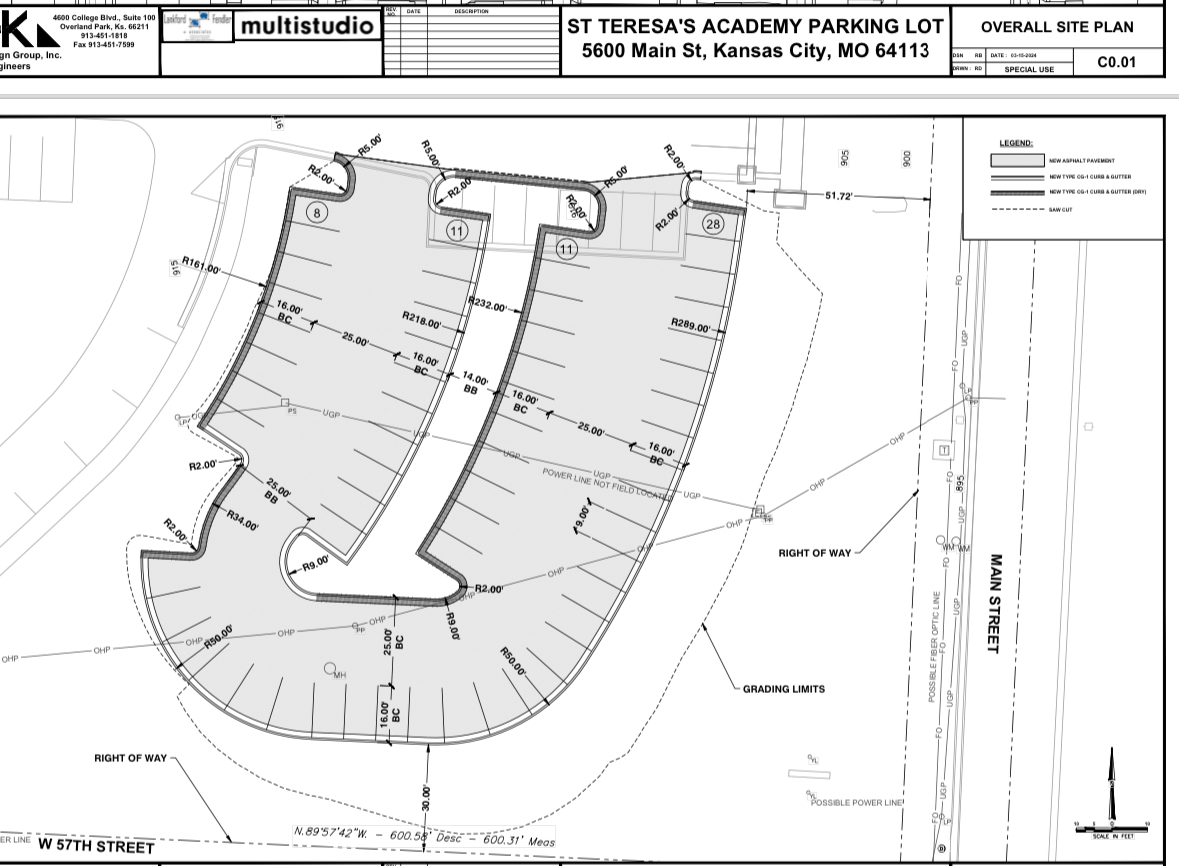
“The spirit that has sustained this nation for more than two centuries lives on in you, its people,” President Obama said in his State of the Union Address Jan. 27.
Though Obama laid out many negative factors facing the government and economy of America, he was intent upon reverting to his campaign slogan of change.
“I campaigned on the promise of change ‘“- change we can believe in, the slogan went,” Obama said. “But remember this ‘“- I never suggested that change would be easy, or that I could do it alone. Democracy in a nation of 300 million people can be noisy and messy and complicated. And when you try to do big things and make big changes, it stirs passions and controversy. That’s just how it is.”
In his roughly 70 minute speech, Obama careened through dozens of changes he hopes to make in the next few years, but the much-debated health care reform bill was not mentioned until over 30 minutes in and was barely touched upon.  However, one goal stood above the rest: job creation.   The President made it clear that all other bills would come second to lowering unemplyment rates from the current 10 percent. Specifically, he will focus on small businesses. Obama proposes giving $30 billion of what big banks will repay for the bank bailout of 2008 and giving it to community banks to give small businesses the credit they need.
Mr. Mark Fitzpatrick, president of Heartland Bank, does not know what to think of Obama’s stance on local banks.
“He wants small banks to make more loans, but there’s another part of the government that watches what kind of loans we make and they sometimes discourage us from making loans,” Fitzpatrick said. “So, until different parts of the government can work together, I’m not sure.”
Obama also intends to increase building of infrastructure and to continue exploring options regarding energy efficiency to keep up with other countries.
“I do not accept second place for the United States of America,” Obama said.
The President wishes to pass a comprehensive energy and climate bill.  Individual goals of this bill include: safer, cleaner nuclear power plants, off-shore drilling, and advancing biofuel and clean coal technologies.  Other efforts to increase jobs include exporting more goods and investing in education.
Obama also mentioned plans to freeze government spending to help lower the foreign debt, which now amounts to over $1.5 trillion, according to Bloomberg online. However, this freeze will not come until next year, after much more spending has occured, and will exclude national security, Medicare, Medicaid, and Social Security.
Though Obama had many Democrats on their feet throughout the address, there was clearly tension between the two political parties.  Obama tried to address this division with several humorous remarks.
“And if the Republican leadership is going to insist that sixty votes in the Senate are required to do any business at all in this town, then the responsibility to govern is now yours as well,” Obama said. “Just saying no to everything may be good short-term politics, but it’s not leadership. We were sent here to serve our citizens, not our ambitions.”
He attempted to create cooperation between Democrats and Republicans, but many Republican responses to the speech showed dissatisfaction with the president’s proposals. After the address, the Governor of Virginia Bob McDonnell, gave a televised response of the Republican view on Obama’s progress.
“Top-down one-size fits all decision making should not replace the personal choices of free people in a free market, nor undermine the proper role of state and local governments in our system of federalism. As our Founders clearly stated, and we Governors understand, government closest to the people governs best,’Â McDonnell said.
In response to health care, McDonnell explained the Republican position: ‘All Americans agree, we need a health care system that is affordable, accessible, and high quality. But most Americans do not want to turn over the best medical care system in the world to the federal government.’Â
And regarding Obama’s main emphasis on jobs, McDonnell expressed the desire for more job creation, but disagreed with Obama’s method.
“Good government policy should spur economic growth, and strengthen the private sector’s ability to create new jobs,” McDonnell said. “We must enact policies that promote entrepreneurship and innovation, so America can better compete with the world. What government should not do is pile on more taxation, regulation, and litigation that kill jobs and hurt the middle class.’Â
Why have a State of the Union address?
First of all, the Constitution prescribes it. According to Article II, Sec. 3, the President must “from time to time give to the Congress Information of the State of the Union, and recommend to their Consideration such Measures as he shall judge necessary and expedient.” In addition, the speech allows the President to update citizens on the condition of the nation and outline any future plans, agenda or priorities he has to Congress and the rest of the nation. Typically this takes place in January, except during inaugural years.
Source: whitehouse.gov and gpoaccess.gov






